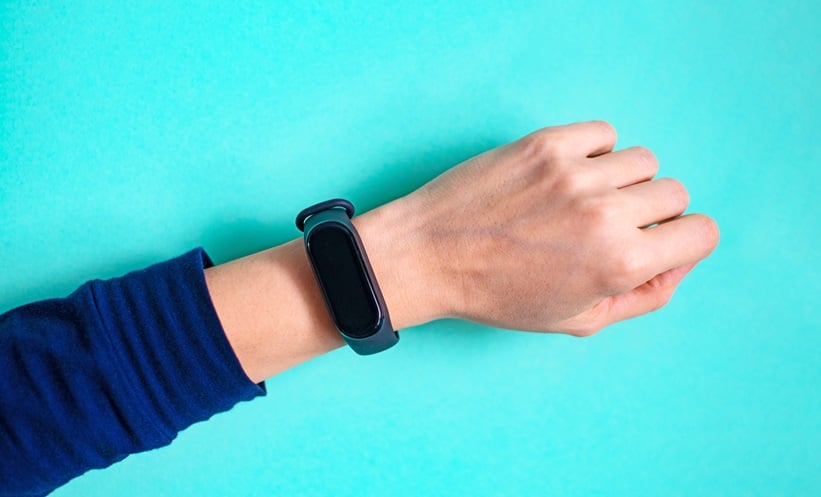CONTINUOUS measurement of heart rate and step count using a wrist-worn wearable device confirmed that digoxin is comparable to beta-blockers for longer-term heart rate control in patients with atrial fibrillation (AF). This is according to results from the RATE-AF trial wearables study, which compared heart rate in older, multimorbid patients with AF and heart failure who were treated with either digoxin or beta-blockers.
The RATE-AF trial compared the use of 62.5–250 µg digoxin versus beta-blockers (bisoprolol 1.25–10 mg) for long-term heart rate control in 160 patients. Among the participants, 53 were enrolled in a sub-study involving passive monitoring with a wrist-worn wearable and connected smartphone. Each participant was randomised to either digoxin 62.5–250 µg or bisoprolol 1.25–10 mg once daily. Heart rate and step count were continuously monitored via the wearable device for 20 weeks, and pooled at 1-minute intervals to form time-series data.
Analysis revealed that the weekly averages of heart rate were no different between those who received digoxin or beta-blockers, and this remained true after accounting for physical activity (p= 0.74). Furthermore, post-hoc adjusted subgroup analysis according to activity levels found no difference in heart rate between digoxin and beta-blockers in those with low weekly-averaged activity (<15,000 steps per week; 298 weeks from 44 patients; p= 0.48), minimum recommended activity (15,000–30,000 steps per week; 316 weeks from 37 patients; p= 0.47) or recommended activity (≥30,000 steps per week; 417 weeks from 33 patients; p= 0.97).
Additionally, the researchers built a machine learning model to predict the extent of heart failure (New York Heart Association (NYHA) class)) based on the wearable device data, and found that predictions were comparable with conventional periodic trial measurements at the closest RATE-AF trial appointment, highlighting the potential of combining wearable devices and machine learning to improve predictive accuracy in clinical settings.
In conclusion, the RATE-AF trial showed that digoxin is as effective as beta-blockers for long-term heart rate control in patients with AF, even with varying physical activity levels. Furthermore, the results demonstrate the clinical potential of using non-medical grade wearable devices for monitoring clinical progress in older, multimorbid patients with AF. This strategy may offer new avenues for personalised treatment, predictive accuracy, and patient management.
Katrina Thornber, EMJ
Reference
Gill SK et al. Consumer wearable devices for evaluation of heart rate control using digoxin versus beta-blockers: the RATE-AF randomized trial. Nat Med. 2024;30:2030–2036.








